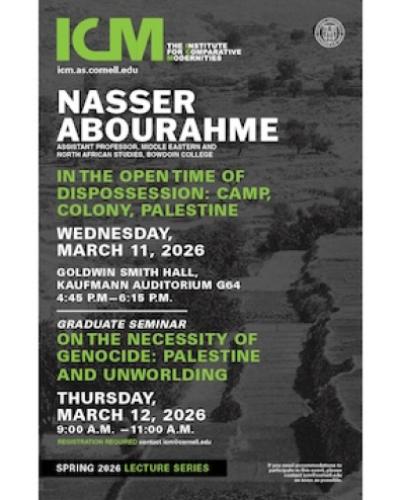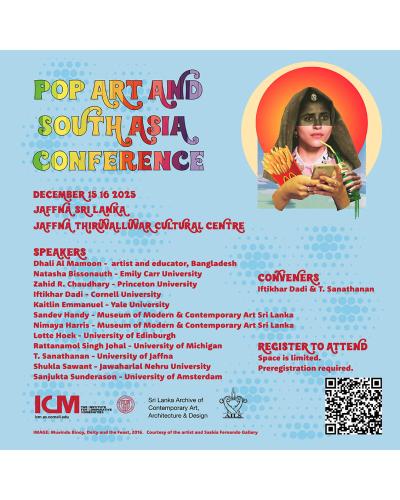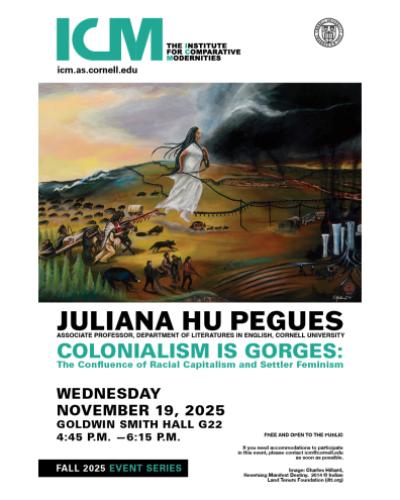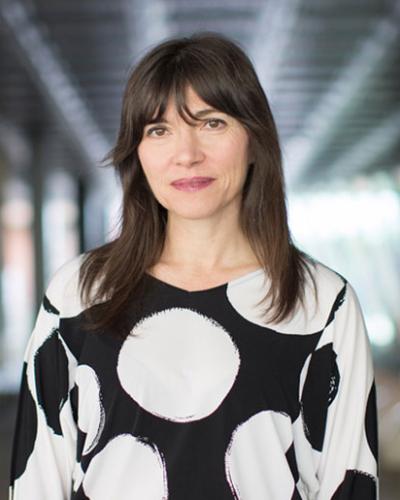The Institute for Comparative Modernities is pleased to announce that board member Esra Akcan will be the new Resident Director, replacing outgoing ICM Resident Director Iftikhar Dadi, who will remain on the ICM board. The new appointment will begin July 1, 2022. Professor Akcan joined the ICM board at the beginning of 2020, when she was director of the Institute of European Studies at the Einaudi Center for International Studies.
Akcan is Michael A. McCarthy Professor of Architectural Theory and Professor in the Department of Architecture at Cornell. Her research on modern and contemporary architecture and urbanism foregrounds the intertwined histories of Europe and West Asia and offers new ways to understand architecture's role in global, social, and environmental justice. Her book Architecture in Translation advocates a commitment to a new culture of translatability from below and in multiple directions for cosmopolitan ethics and global justice. Turkey: Modern Architectures in History (w.Bozdoğan) is part of a series that aims at an inclusive survey of modern world architecture. Open Architecture: Migration, Citizenship and Urban Renewal exemplifies formal, programmatic, and procedural steps towards open architecture during Berlin's urban renewal by giving voice to both architects and immigrant residents. Akcan is also the author of Landfill Istanbul and ERASE Building in Exile: Bruno Taut in Turkey (w.Nicolai), and the recently published Abolish Human Bans. Currently, she is writing Right-to-Heal: Architecture in Transitions after Conflicts and Disasters; and co-editing Migration and Discrimination with ICM- board member Iftikhar Dadi. Her articles explore critical and postcolonial theory, immigration, translation, racism, architectural photography, neoliberalism, and global history. Among her numerous fellowships and grants, she was the 2019-20 Frieda L. Miller Fellow at the Radcliffe Institute of Advanced Study at Harvard University; most recently, her work has been awarded inter-disciplinary research grants from the Einaudi Center and Global Cornell’s Migration initiative, funded by the Mellon Foundation.





